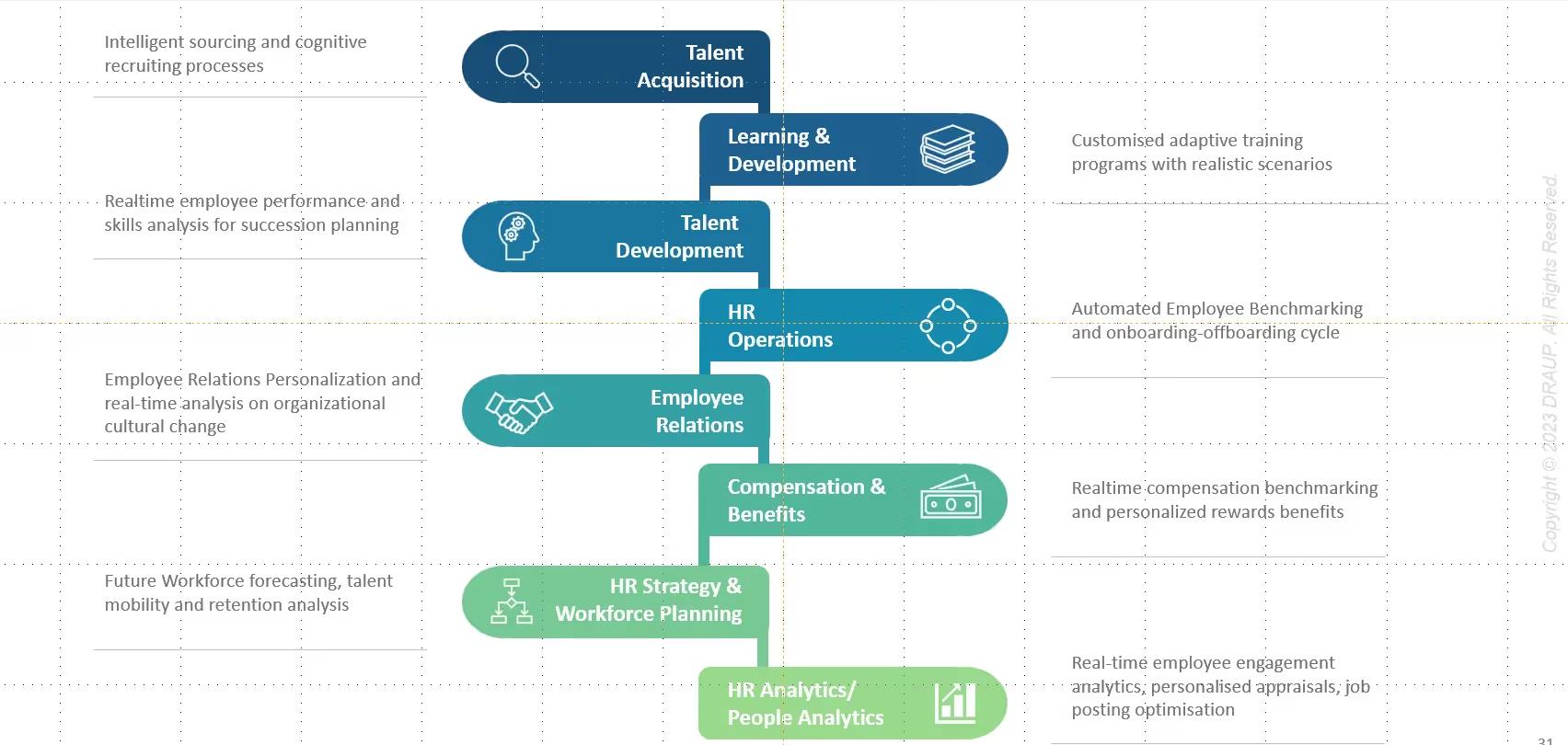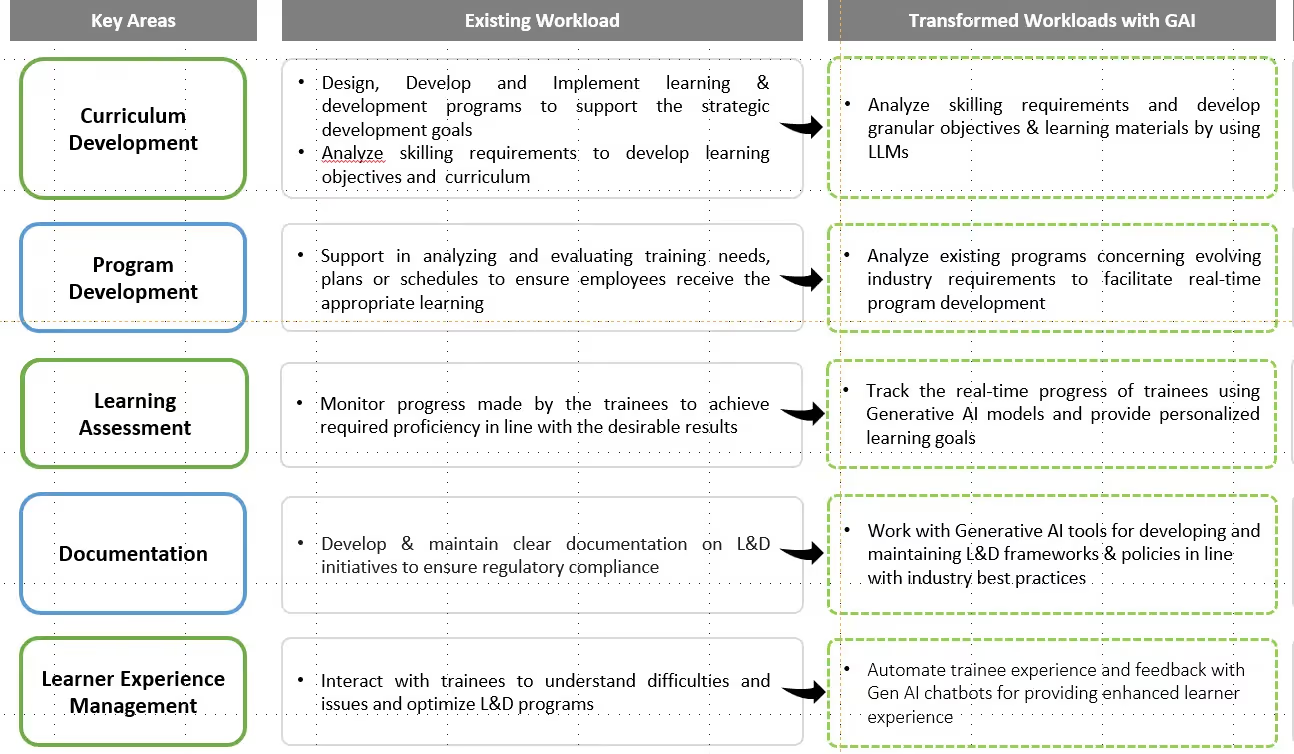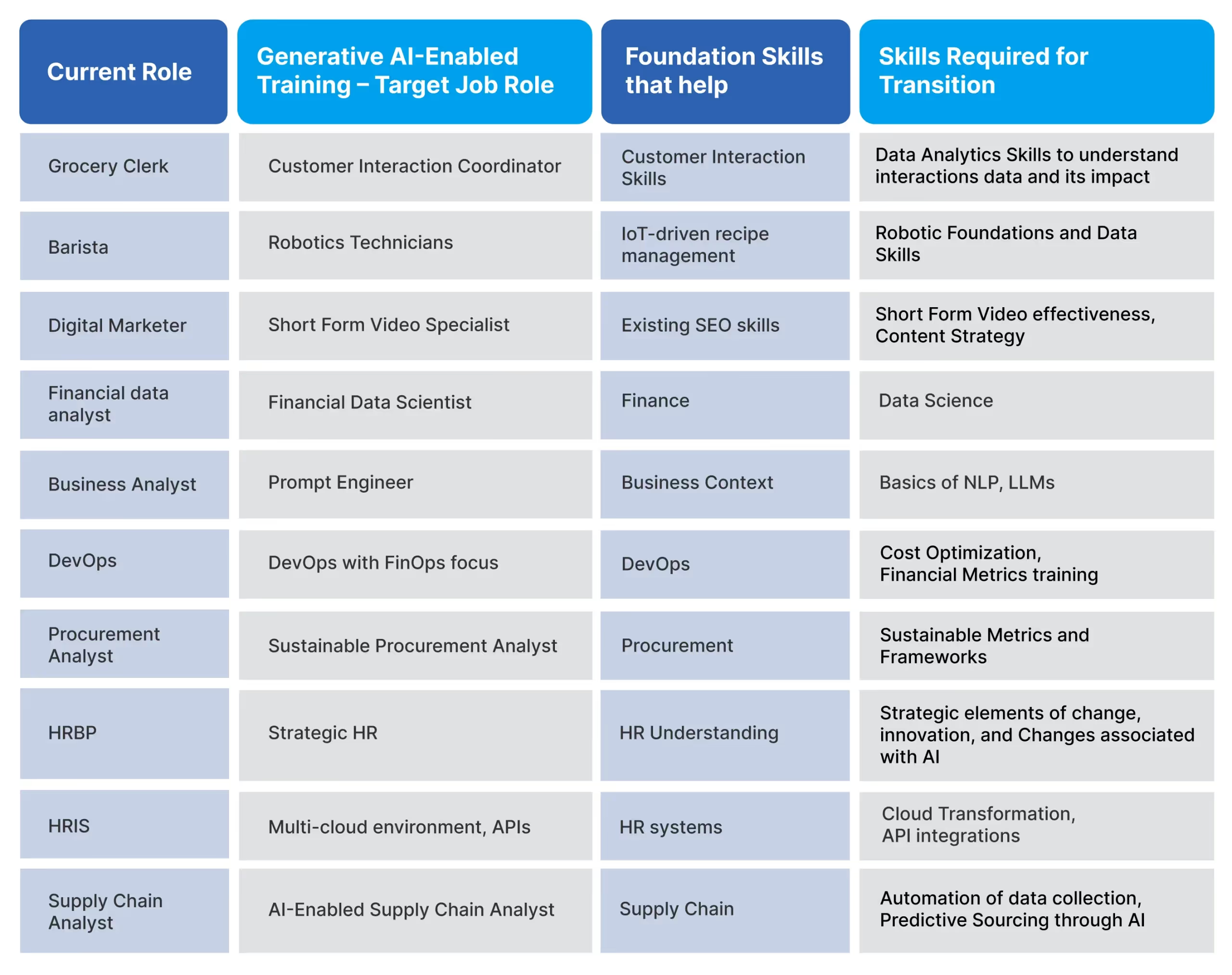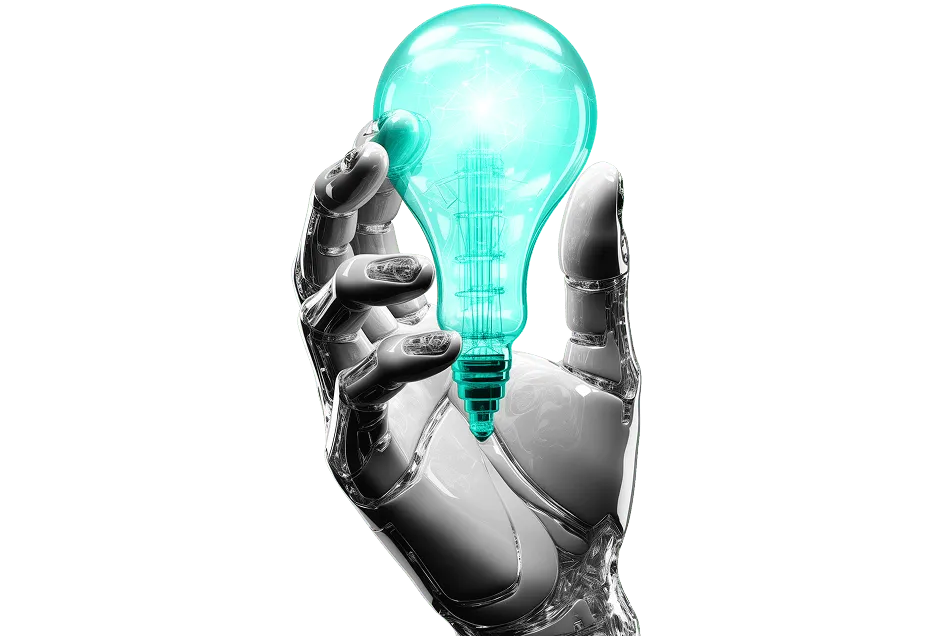Unleashing the Potential of Generative AI in HR and Workforce Transformation
In a fascinating study by Shakked Noy and Whitney Zhang, two economics graduate students from MIT, a large-scale experiment involved numerous college-educated professionals specializing in Marketing and HR. The participants were divided into two groups: one was instructed to incorporate ChatGPT into their daily tasks, while the other group refrained from using it. The findings revealed that ChatGPT significantly enhanced overall productivity, which was not entirely surprising. However, the intriguing outcome was that the AI tool had the greatest impact on the least skilled and accomplished workers, effectively reducing employee performance gaps. Individuals with weaker writing abilities experienced significant improvement, while proficient writers primarily benefited from increased speed.
Generative AI has proven instrumental in accelerating learning processes, exemplified by an inspiring story from Tokyo, Japan. Karin Umehara, originally employed in the marketing department at Freee, embarked on a journey to learn software development. Through the aid of Generative AI, Karin’s efforts paid off, and she has since become a proficient and accomplished software developer. This remarkable transformation highlights the transformative power of Generative AI in empowering individuals to acquire new skills and excel in previously unfamiliar domains.
Generative AI possesses a tremendous potential that HR departments are yet to comprehend fully. While it is true that compliance aspects surrounding this technology can be overwhelming, it is crucial to acknowledge its immense value. We must establish appropriate safeguards and regulations like any other technological advancement while embracing its capabilities. By striking a balance between implementing necessary guardrails and embracing Generative AI, we can harness its benefits and leverage it as an invaluable tool within the HR domain.
Generative AI has brought about a paradigm shift, emphasizing the significance of skills rather than headcount. As a result, smaller location ecosystems and experienced location recruiters have gained newfound importance. London serves as a prime example of this transformation. OpenAI recognized the potential to attract Google AI talent in London and subsequently witnessed a substantial increase in hiring activities. Furthermore, a promising startup named Mistral AI, based in Paris and only four weeks old at the time, secured a remarkable funding of 115 million dollars from Lightspeed Ventures in London. These remarkable developments indicate an astonishing number of deals in the European landscape, underscoring the growing influence of Generative AI and its impact on talent acquisition and investment.
We are working on a research paper on imparting data analytics skills to blue-collar professions. Let’s consider the role of a Grocery Clerk as an example. By equipping them with data skills, we can enhance their ability to make a more substantial impact through customer interactions and optimize product placement strategies. The objective is to empower blue-collar workers with the knowledge and tools to effectively leverage data, enabling them to excel in their respective roles and contribute to improved outcomes.
Draup believes Generative AI will enable Blue collar workers to do knowledge work and knowledge workers to do more innovative things.
Here is a map of various HR use cases through Generative AI. We will be publishing a detailed report on this as soon as possible.


A metamorphosis view of what Job roles can transition into is given in this table. Hope you find this table helpful. Please let us know if you want us to develop targeted datasets for you. A sample of ten roles is provided here.











.svg)





















.svg)





.svg)
